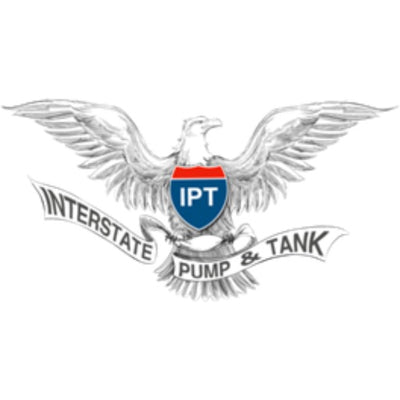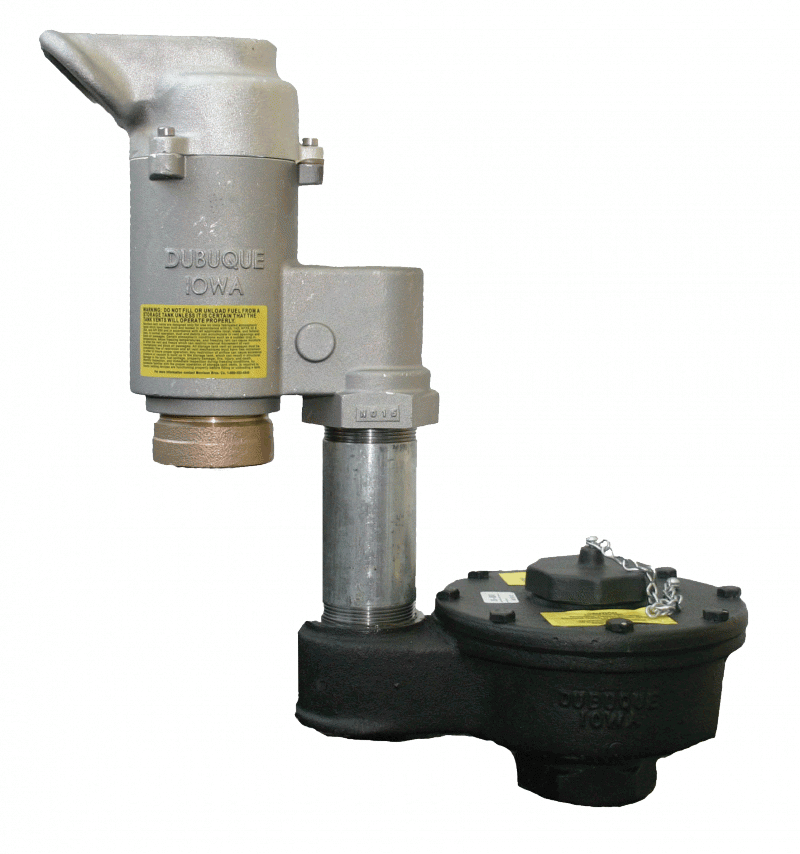Flame Arrester/748A Pressure Vacuum Vent 42.0 lb
Delivery and Shipping
Delivery and Shipping
If in stock and we get the order before noon we ship out on the same day.
Flame Arrester/748A Pressure Vacuum Vent
Description
Description
Flame arresters provide a positive barrier that keeps flames from passing through the pressure vacuum vent line into a storage tank’s vapor space.
Standard Features
When the 351A is combined with a 748A, it combines all the features of the flame arrester and a 748A pressure vacuum vent.
Construction Details
351S
- Body and cover: Cast iron
- Arrester Plates: Stainless steel
- Arrester grid housing: Brass
748A
- Body and hood: Aluminum
- Poppets: Brass
- Seats: Aluminum
- Screens: 30 mesh stainless steel
Restrictions & Warnings
Do not use with acetylene, carbon disulfide, Ethelene oxide or hydrogen gases. For use with normal hydrocarbon flames such as gasoline in air.
Routine inspection is required to ensure airways are clear and free of debris. Blocked airways can cause structural deformation of the tank.
WARNING: Do not use with acetylene, carbon disulfide, Ethelene oxide or hydrogen gases. For use with normal hydrocarbon flames such as gasoline in air. Routine inspection is required to ensure airways are clear and free of debris. Blocked airways can cause structural deformation of the tank.
WARNING: DO NOT FILL OR UNLOAD FUEL FROM A STORAGE TANK UNLESS IT IS CERTAIN THAT THE TANK VENTS WILL OPERATE PROPERLY. Morrison tank vents are designed only for use on shop fabricated atmospheric tanks which have been built and tested in accordance with UL 142, NFPA 30 & 30A, and API 650 and in accordance with all applicable local, state and federal laws. In normal operation, dust and debris can accumulate in vent openings and block air passages. Certain atmospheric conditions such as a sudden drop in temperature, below freezing temperatures, and freezing rain can cause moisture to enter the vent and freeze which can restrict internal movement of vent mechanisms and block air passages. All storage tank vent air passages must be completely free of restriction and all vent mechanisms must have free movement in order to insure proper operation. Any restriction of airflow can cause excessive pressure or vacuum to build up in the storage tank, which can result in structural damage to the tank, fuel spillage, property damage, fire, injury, and death. Monthly inspection, and immediate inspection during freezing conditions, by someone familiar with the proper operation of storage tank vents, is required to insure venting devices are functioning properly before filling or unloading a tank. Normal vents such as pressure vacuum and updraft vents for aboveground storage tanks should be sized according to NFPA 30 (2018) 21.4.3
Payment & Security
Payment methods
Your payment information is processed securely. We do not store credit card details nor have access to your credit card information.




